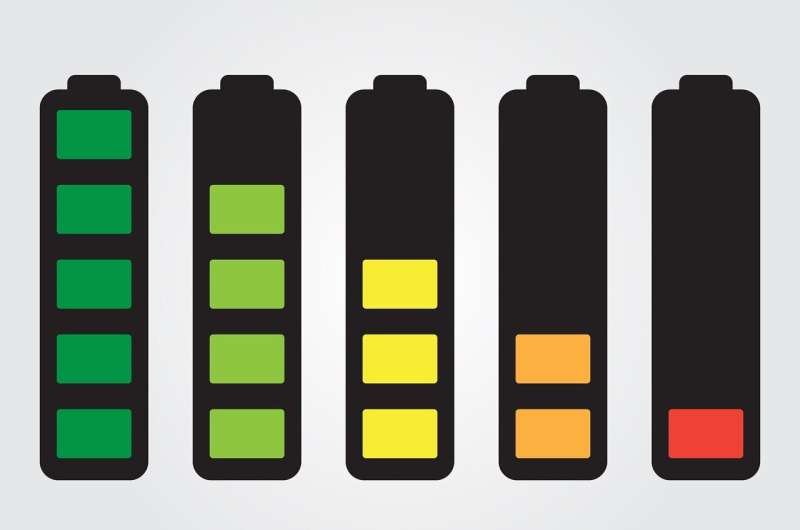Credit: CC0 Public Domain
Top energy, tech, and climate researchers at ETH Zurich have engaged in an informed debate over the European regulation that sets an upper carbon footprint limit for European markets.
The limits, to be established this year, come into force in 2027 and will apply to electric vehicle batteries and stationary batteries with more than 2 kilowatt-hours (kWh) of storage capacity. In a Science paper examining this topic, researchers anticipate that any throughput-based design option for quantifying the carbon footprints of batteries may fall short of its expectations and do more harm than good.
The regulation could play a pioneering role in climate change policy. Experience with it may also prove invaluable for non-European regulators and for the regulatory design of products that share characteristics with batteries. The European take on addressing the carbon footprint of complex, multipurpose technologies will therefore be closely observed internationally.
More information: Leopold Peiseler et al, Toward a European carbon footprint rule for batteries, Science (2022). DOI: 10.1126/science.abp9505
Journal information: Science
Provided by ETH Zurich























